Does ultrafiltration remove heavy metals? | Insights by AQUALITEK
- Does Ultrafiltration Remove Heavy Metals?
- 1. What is Ultrafiltration?
- 2. How Does Ultrafiltration Compare to Reverse Osmosis?
- 3. Can Ultrafiltration Remove Heavy Metals?
- 4. What Are the Advantages of Ultrafiltration?
- 5. When Should You Choose Ultrafiltration Over Reverse Osmosis?
- 6. What Are the Maintenance Requirements for Ultrafiltration Systems?
- 7. How Does Ultrafiltration Fit into a Comprehensive Water Treatment Strategy?
- 8. What Are the Limitations of Ultrafiltration?
- Conclusion: Why Choose AQUALITEK for Your Water Treatment Needs?
Does Ultrafiltration Remove Heavy Metals?
1. What is Ultrafiltration?
Ultrafiltration (UF) is a membrane filtration process that uses pressure to separate suspended solids, bacteria, viruses, and colloidal materials from water. UF membranes typically have pore sizes ranging from 0.01 to 0.1 microns, allowing them to effectively remove particles larger than their pore size while permitting smaller molecules and dissolved salts to pass through. This makes UF highly effective in removing suspended solids and microorganisms but less efficient against dissolved contaminants like heavy metals.
2. How Does Ultrafiltration Compare to Reverse Osmosis?
Reverse Osmosis (RO) employs a semipermeable membrane with much smaller pore sizes, typically around 0.0001 microns. This allows RO systems to remove a broader range of contaminants, including dissolved salts, heavy metals, and other dissolved solids, by applying pressure to overcome osmotic pressure. In contrast, UF is more energy-efficient and retains beneficial minerals in water but is less effective at removing dissolved contaminants.
3. Can Ultrafiltration Remove Heavy Metals?
Ultrafiltration is generally not effective at removing dissolved heavy metals from water. The pore sizes of UF membranes are too large to filter out these dissolved ions. However, certain advanced UF processes, such as complexation–ultrafiltration, can enhance the removal of heavy metals. In this process, a complexing agent is added to bind with the metal ions, forming larger complexes that can be filtered out by the UF membrane. For example, studies have shown that at pH 7, metal rejection efficiencies of 97.6% for Cu(II), 99.5% for Cr(III), and 99.1% for Ni(II) ions were achieved using complexation–ultrafiltration.
4. What Are the Advantages of Ultrafiltration?
Energy Efficiency: UF systems operate at lower pressures compared to RO systems, resulting in reduced energy consumption.
Preservation of Beneficial Minerals: Unlike RO, UF retains essential minerals like calcium and magnesium, which are beneficial for health and improve water taste.
Lower Wastewater Generation: UF processes produce minimal wastewater, making them more environmentally friendly.
5. When Should You Choose Ultrafiltration Over Reverse Osmosis?
Consider ultrafiltration if:
Your primary concern is removing suspended solids, bacteria, and viruses.
You wish to retain beneficial minerals in the water.
Energy efficiency and low wastewater generation are important.
Choose reverse osmosis if:
You need to remove dissolved salts, heavy metals, and other dissolved contaminants.
Achieving the highest level of water purity is essential.
You are prepared to manage higher energy consumption and wastewater generation.
6. What Are the Maintenance Requirements for Ultrafiltration Systems?
Ultrafiltration systems require regular maintenance to ensure optimal performance:
Cleaning: Periodic cleaning is necessary to remove fouling agents like organic matter and microorganisms from the membrane surface.
Monitoring: Regular monitoring of system parameters, such as transmembrane pressure and flow rates, helps in early detection of issues.
Replacement: Membranes have a finite lifespan and should be replaced as recommended by the manufacturer.
7. How Does Ultrafiltration Fit into a Comprehensive Water Treatment Strategy?
Ultrafiltration can be used as a standalone treatment or as part of a multi-stage water treatment process. In some applications, UF serves as a pretreatment step before reverse osmosis, effectively removing larger particles and microorganisms, thereby extending the life of the RO membranes and improving overall system efficiency.
8. What Are the Limitations of Ultrafiltration?
Limited Removal of Dissolved Contaminants: UF is not effective against dissolved salts, heavy metals, and certain chemicals.
Membrane Fouling: UF membranes can foul over time, leading to reduced performance and increased maintenance needs.
Not Suitable for All Applications: UF may not be suitable for applications requiring the removal of dissolved contaminants or where high water purity is essential.
Conclusion: Why Choose AQUALITEK for Your Water Treatment Needs?
AQUALITEK offers advanced water treatment solutions tailored to meet diverse needs. With a focus on efficiency, sustainability, and customer satisfaction, AQUALITEK provides systems that integrate ultrafiltration and other technologies to deliver high-quality water. Our products are designed for easy maintenance, energy efficiency, and long-term reliability, ensuring optimal performance for your water treatment requirements.
For more information on our products and services, visit our website or contact our customer support team.




Request More Information or Expert Advice
Share a few details, and we’ll provide deeper insights, tailored suggestions, or product support.

Our 500 LPH Reverse Osmosis (RO) System is engineered to provide high-quality purified water for commercial applications. Designed with advanced RO technology, durable components, and a user-friendly interface, this system ensures consistent performance, low maintenance, and long-term reliability.
With its compact design and robust skid-mounted frame, it’s an excellent choice for businesses that demand efficiency and quality in water purification.

TWV series Reverse Osmosis (RO) systems are pre-engineered and pre-assembled units with 2.5”/4” membrane housings(single element type)for tap water(lower TDS).They are designed for overall superior performance, high recovery rates and offer great savings with low maintenance and operation costs.

TWF series Reverse Osmosis (RO) systems are pre-engineered and pre-assembled units with 4” membrane housings(multiple elements type) for tap water(lower TDS) .The medium large volumes can help meet your a variety of commercial and industrial applications. They are designed for overall superior performance, high recovery rates and offer great savings with low maintenance and operation costs.

TWE series Reverse Osmosis (RO) systems are pre-engineered and pre-assembled units with 8” membrane housings for tap water (lower TDS). The large volumes can help meet your a variety of industrial applications. They are designed for overall superior performance, high recovery rates and offer great savings with low maintenance and operation costs.
© 2026 AQUALITEK. All rights reserved.

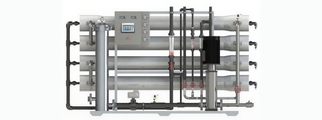
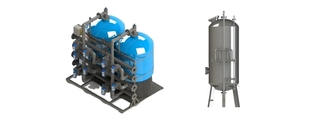
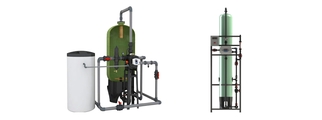
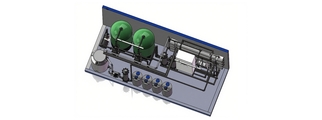
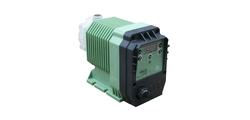
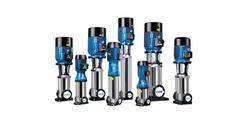
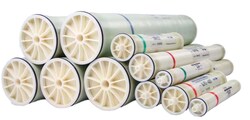
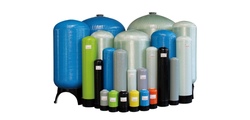
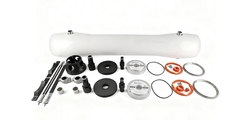
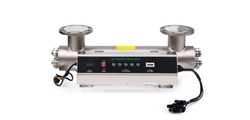
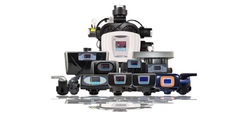
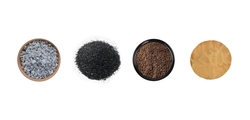
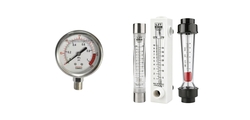
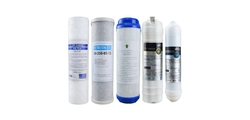
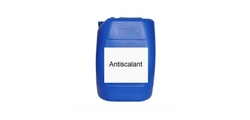
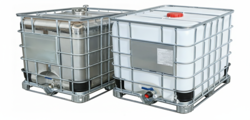
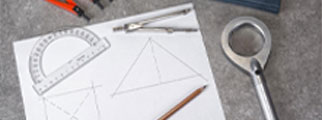



AQUALITEK- Aimee Hoo
AQUALITEK - Aimee Hoo